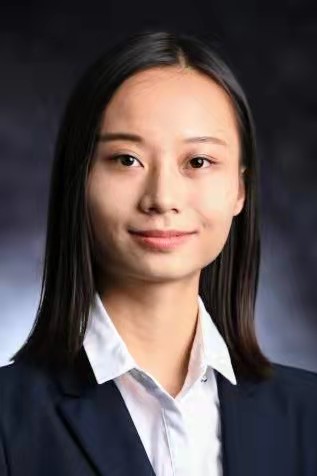COMM 106E: Data, Science, and Society (Spring 2022, UCSD)
Published:
Note: This is a draft syllabus, some details may be subject to change.
Details
- COMM 106E: Data, Science, and Society
- Profs: Stuart Geiger (Communication/HDSI)
- Time: M/W 5:00-6:20pm
- Place: WLH 2205
- Course management system: UCSD Canvas (https://canvas.ucsd.edu). All enrolled students should have access to this class on Canvas.
Overview
Developments in artificial intelligence are being combined with unprecedented levels of personal data collection, which are used to make decisions that were once made with only human judgment: Who should be hired for a particular job? Who should get admitted to a selective school? Who is considered a suspicious threat for law enforcement? How much is a house worth? How fast will a disease spread if we implement different measures? What social media posts violate a platform’s ‘community standards’? What posts or stories should show up on a personalized news feed? What e-mails should be filtered out of inboxes as ‘spam’? Can we automatically detect and remove “fake news”?
This class focuses on how data science, statistics, computer programming, and artificial intelligence are being delegated important social decisions, and then what the rest of society ought to do in response to these developments. It is designed for students who do not have any prior knowledge of statistics or programming. The class assignments will primarily involve writing and/or talking about these issues. However, we will be learning about how these approaches and technologies work, which do involve learning simplified versions of math and statistics. Some in-class activities will involve working in spreadsheets (Google Sheets) and other web-based graphical user interfaces for analyzing data. The learning objective is not for students to become programmers or data scientists themselves in one quarter, but instead to gain the kind of “data literacy” and “interactional expertise” needed to critically engage with data scientists and their supporters.
This class is grounded in the interdisciplinary field of Science and Technology Studies (or STS), which focuses on the complex relationships between scientific research, technological systems, and society. Students will gain key concepts and lenses they can use to examine social issues around technology, data science, and AI. These include: 1) objectivity, subjectivity, and the “view from nowhere”; 2) bias, accuracy, and fairness; 3) expertise, authority, and knowledge institutions; 4) social systems, technical systems, and socio-technical systems; 5) privacy, surveillance, and the panopticon; 6) classification, ontologies, and the politics of categories; 7) identity, interpretation, and positionality; 8) scale and top-down vs bottom-up approaches; 9) resistance and refusal to data science and AI.
